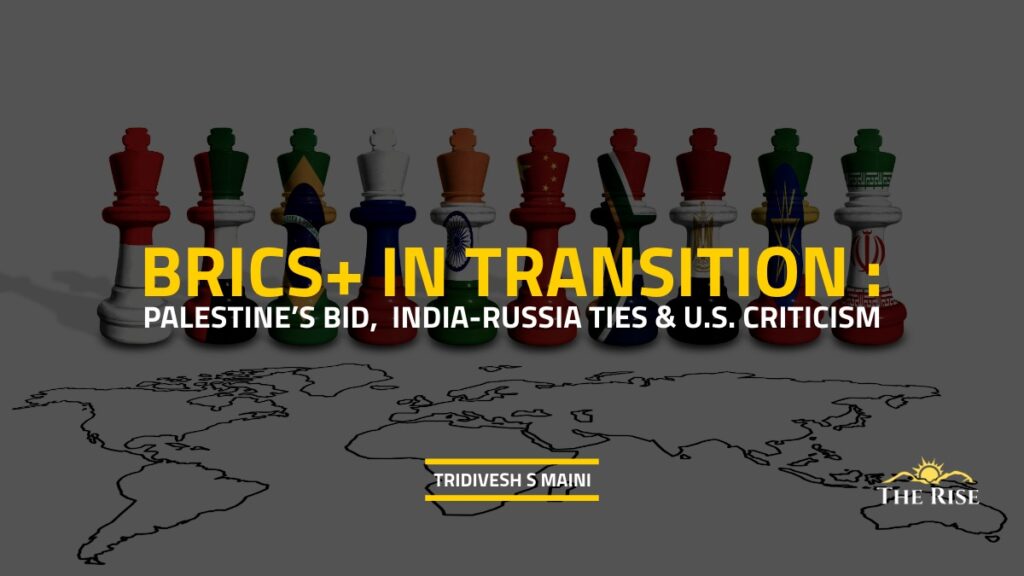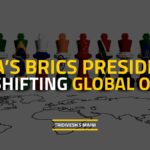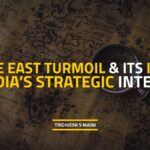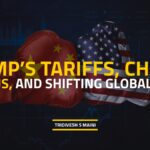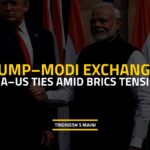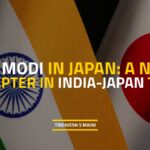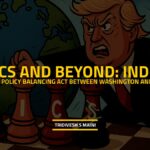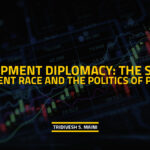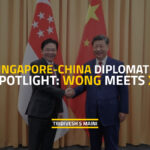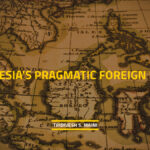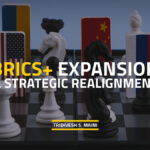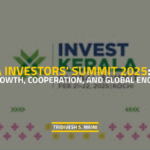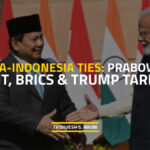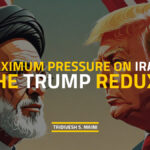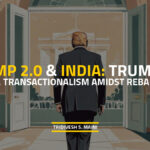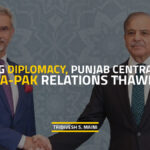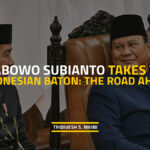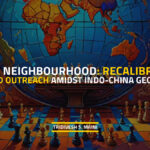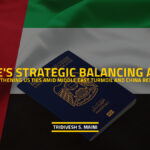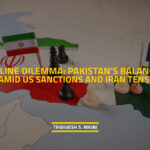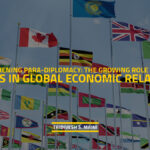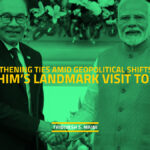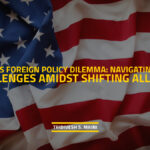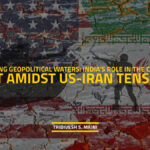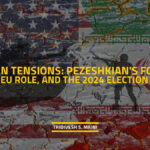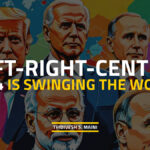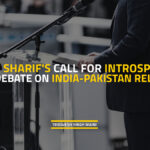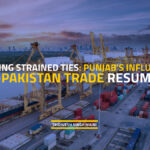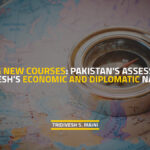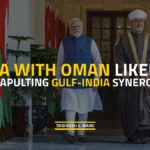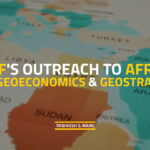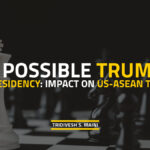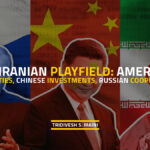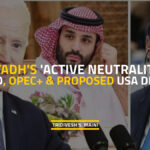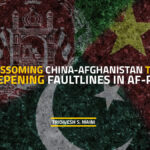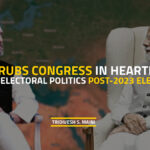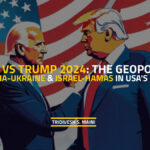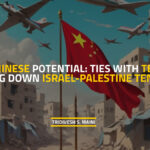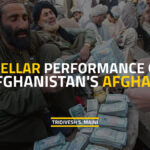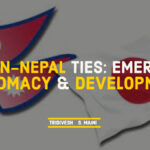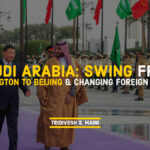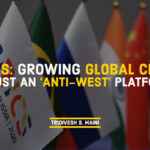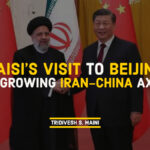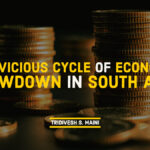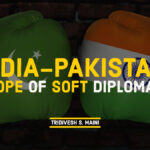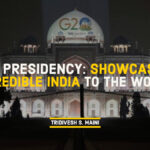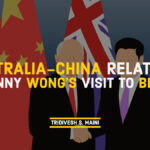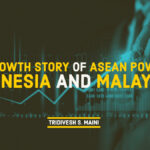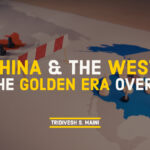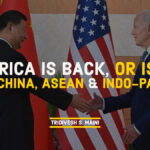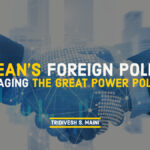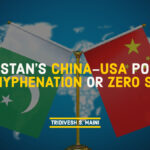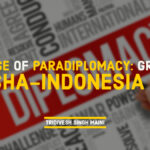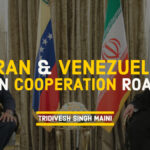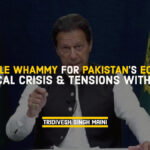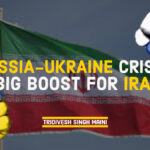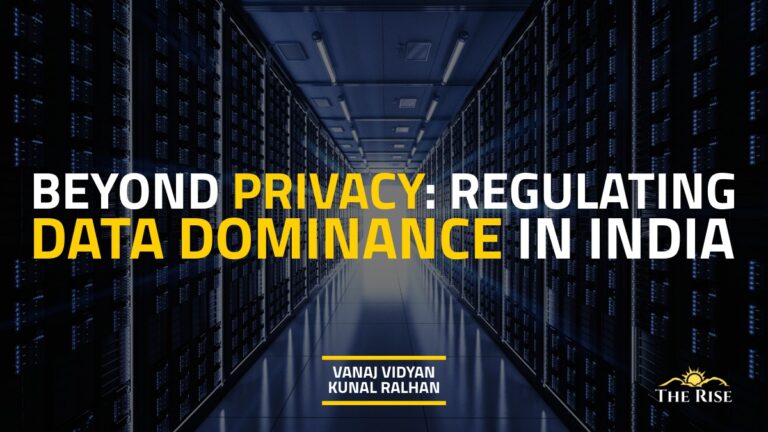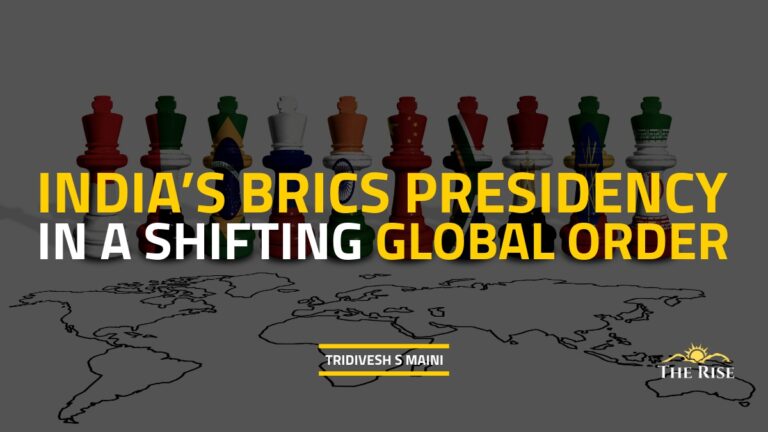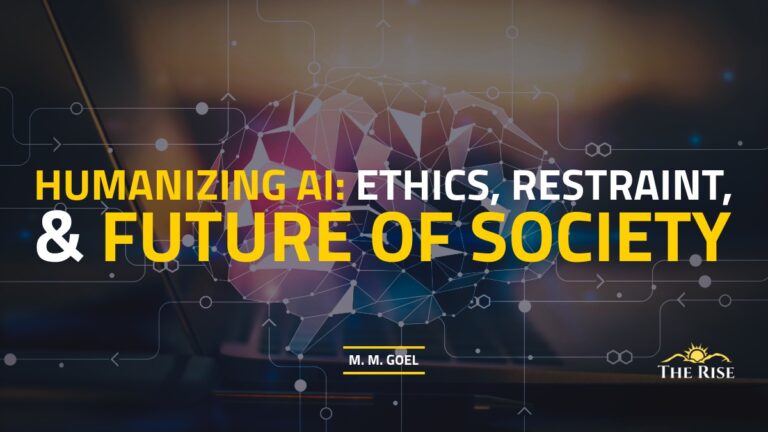While India recognizes the limitations of BRICS, and ties with the US remain important despite recent setbacks, it is likely to adopt an independent approach vis-à-vis BRICS. It is also important to understand that while the BRICS+ organisation has immense potential, there are several complexities that need to be understood.
Developments within BRICS+ highlight its growing role as a geopolitical platform. The grouping has become central to debates on global governance, multipolarity, and the representation of the Global South.
Three important developments have taken place recently in the context of the BRICS+ Organisation.
Notably, Palestine has applied for entry into BRICS+ as a full member. This comes at a time when four countries– the UK, Canada, Australia, and Portugal- formally recognised Palestine on September 21, 2025.
Palestine’s Ambassador to Russia, Abdel Hafiz Nofal, while commenting on the application, said, “We have submitted an application, but, as you know, Palestine has certain conditions. I believe Palestine will participate in the association as a guest until the conditions allow it to become a full member. We haven’t received a response yet.”
The application has already triggered contrasting responses. While Israel has opposed Palestine’s entry into BRICS+, China has welcomed its application. Among Middle Eastern nations, the United Arab Emirates (UAE), Iran, and Egypt are already members of BRICS, while Saudi Arabia has been granted membership but has not yet formally joined.
Also Read: H-1B Visa Shock: Trump’s $100,000 Fee Hike and Its Fallout for India and the U.S.
China’s position is particularly significant. Despite its close economic ties with Israel, Beijing has consistently tilted towards Palestine in moments of conflict. China’s Foreign Minister, Wang Yi, while speaking at the United Nations General Assembly (UNGA) last year, said, ‘China has always been a staunch supporter of the just cause of the Palestinian people to regain their legitimate national rights, and a staunch supporter of Palestine’s full UN membership.’
The BRICS organisation has expanded in recent years. Egypt, Iran, and the UAE joined the grouping in 2024, reflecting its growing reach in the Middle East. India, which will assume the BRICS presidency in 2026, faces a more delicate balancing act. With strong strategic ties to Israel, the Modi government has been criticised domestically for leaning too closely towards Tel Aviv. New Delhi, however, has firmly adhered to its stated position of supporting a two-state solution.
The other important developments within BRICS are related to India.
India-Russia ties and BRICS+
First, Prime Minister Narendra Modi, during a meeting with Russian Deputy Prime Minister Dmitry Patrushev in New Delhi on September 25, 2025, discussed plans to create a common agricultural food exchange, aimed at boosting the agricultural trade among the BRICS member countries.
The Russian Embassy in India said, “..the topic of creating a BRICS Grain Exchange was raised — a move that will help boost mutual agricultural trade”.
Second, India convened a meeting of BRICS Foreign Ministers on the sidelines of the United Nations General Assembly (UNGA). The meeting was attended by Foreign Ministers of Brazil, Russia, China, South Africa, and new BRICS members: the UAE, Iran, Indonesia, Ethiopia, and Egypt.
Also Read: Trump versus India: The Hidden Risks to Kyiv’s Fuel and War Strategy
In a social media post, External Affairs Minister S Jaishankar, who represented India at the UNGA, said: “When multilateralism is under stress, BRICS has stood firm as a strong voice of reason and constructive change.”
In a joint statement, the BRICS+ countries dubbed the tariffs imposed by the US as “coercion” and criticised rising protectionism. The BRICS statement also said: “The rise of unilateral tariff and non-tariff measures distorts trade and is inconsistent with WTO rules. Such practices risk fragmenting global trade and marginalising the Global South.”
The symbolism of the Foreign Ministers’ meeting was significant, especially at a time when senior officials in the Trump Administration have repeatedly criticised BRICS and questioned India’s membership in the organisation.
Also Read: Trump’s America First Doctrine: Rethinking U.S. Alliances, Power, and Global Strategy
US Commerce Secretary Howard Lutnick, who has been critical of India for the purchase of Russian oil, on September 28, 2025, said that India is one of the countries, along with Brazil (another BRICS member) and Switzerland, that needs to be “fixed”.
Third, the BRICS-backed New Development Bank (NDB) is likely to issue a Rupee-denominated bond. The bond will likely be a 3-5 year issue, with the bank aiming to raise between $400 million and $500 million in the initial tranche.
Also Read: BRICS and Beyond: India’s Foreign Policy Balancing Act Between Washington and Beijing
All the above developments are important not just in the context of BRICS+ but are a reiteration of the changing global order. Palestine’s application for entry into BRICS will be closely watched in the Middle East and beyond. As mentioned earlier, Palestine’s entry into BRICS is likely to receive support from China. Palestine itself has said that it would be open to initially joining the organisation as an observer.
India’s decision to create a common agricultural exchange with Russia, and the announcement that a Rupee-denominated bond and the BRICS Foreign Minister meeting on the sidelines of the UNGA, come at a time when India’s membership of BRICS has drawn scathing criticism from the US. In addition to trade issues, it is India’s purchase of Russian oil and membership of BRICS+ that have been repeatedly criticised by the Trump Administration.
While India recognises the limitations of BRICS, and ties with the US remain important despite recent setbacks, it is likely to adopt an independent approach vis-à-vis BRICS. During its Chairmanship, India is expected to focus on economic issues concerning the Global South, along with other areas like environment and technology. It is also important to understand that while the BRICS+ organisation has immense potential, there are several complexities that need to be understood.
Disclaimer: The views expressed in this article are those of the author solely. TheRise.co.in neither endorses nor is responsible for them. Reproducing this content without permission is prohibited
About the author
Tridivesh Singh Maini is a New Delhi-based Policy Analyst. He is faculty member of OP Jindal Global University, Sonepat, Haryana.

